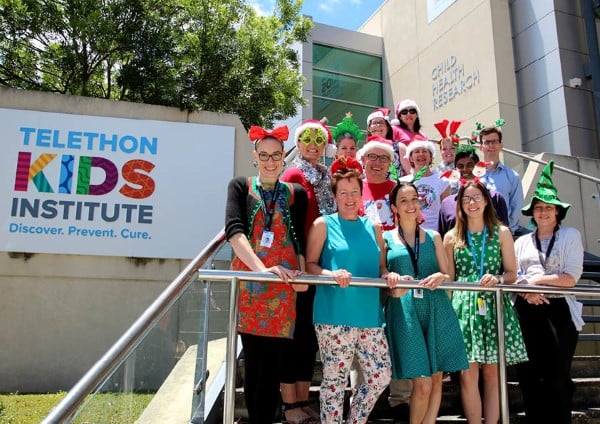Search
Research
DEFEND CF: Biomarkers to define the treatment end-point for pulmonary exacerbations in cystic fibrosisSensitive and reliable tests are required to monitor lung disease severity in cystic fibrosis.
Research
Defining the cellular immune response to vaccines for enhanced protection from invasive pneumococcal diseasePeter Lea-Ann Ruth Richmond Kirkham Thornton MBBS MRCP(UK) FRACP PhD PhD Head, Vaccine Trials Group Co-Head, Bacterial Respiratory Infectious Disease
Research
Developing a ‘Food Atlas’ for Western Australia to map, measure and monitor food accessThis unique interdisciplinary project, funded by Healthway, aims to develop a Food Atlas tool for mapping, measuring, and monitoring food access across Western Australia.
Research
Developing a novel therapeutic pipeline for antibiotic resistant bacterial lung infection in children: investigating and assessing the potential phage therapyAntimicrobial resistance is a global health crisis, which has accelerated due to the overuse of antibiotics.
Research
Developing and characterising juvenile models of aggressive paediatric brain cancers for the evaluation of novel immunotherapies.While profound treatment responses have been realised using immunotherapy for some cancer types, this is yet to be seen for paediatric brain cancer patients.

News & Events
Childhood influenza vaccination rates improves with better accessMore children across Australia are being vaccinated against the flu since funding was expanded and access widened under the National Immunisation Program

Wrap up of the people, projects and updates from 2017 in the Vaccine Trials Group research area, and Dr Peter Richmond.
Contact us If you'd like to get in touch, please contact us by phone or email. Phone: 0400 450 240 Email: vtg@thekids.org.au Respiratory Syncytial

Meningococcal disease is caused by the bacteria Neisseria meningitidis, or 'meningococcus'. It's an uncommon but very serious disease that can result in death.
The Wesfarmers Centre is pleased to announce the successful recipients for the 2021 Round 2 Seed Funding Grants. Julie Hibbert | Validating a
